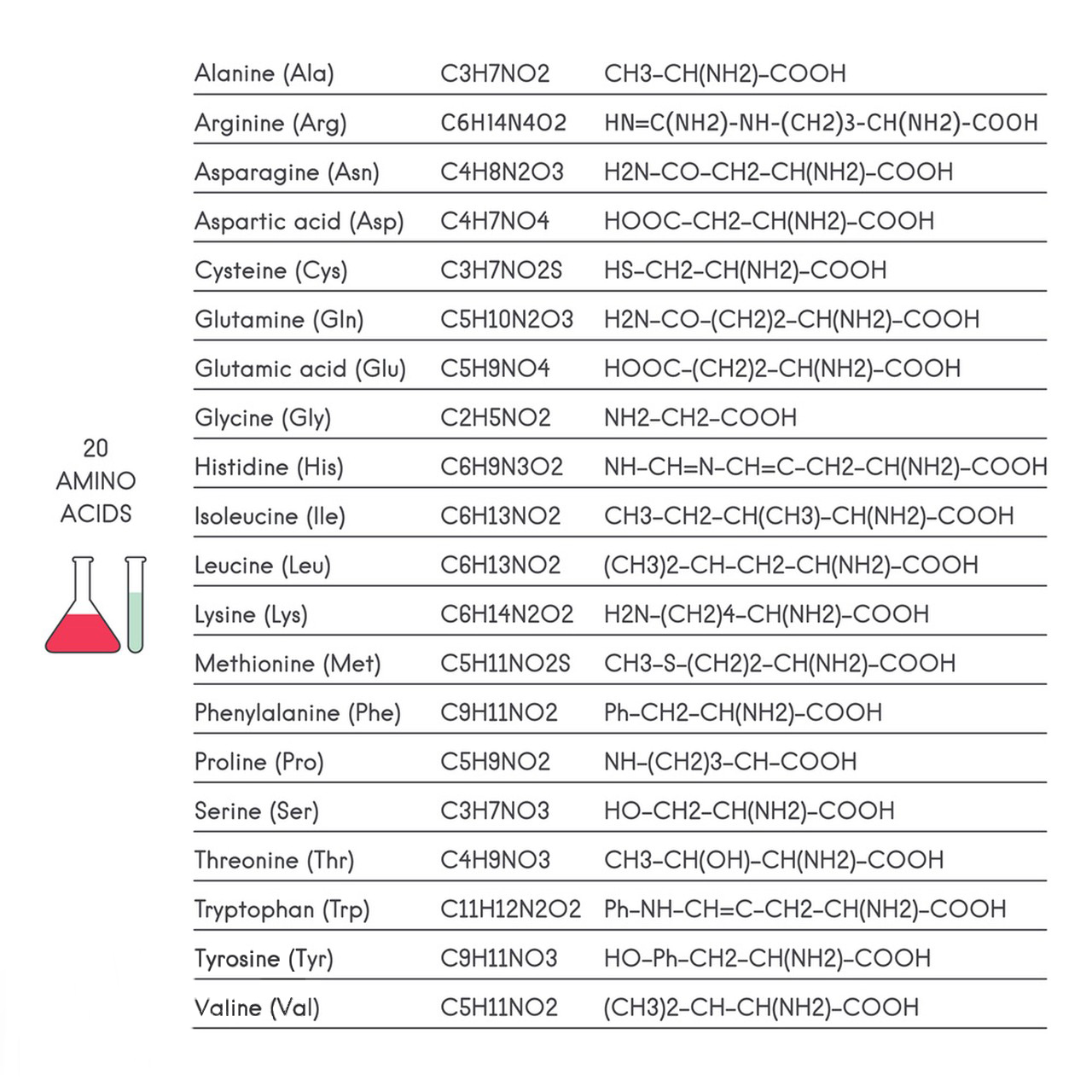L-Glutamic acid (commonly referred to as glutamate in its ionic form) is a non-essential amino acid involved in a variety of biological functions. Its research directions span multiple disciplines, including biochemistry, neuroscience, pharmacology, and biotechnology. Below are key areas of ongoing and potential research:
1. Neurotransmitter Function in Neuroscience
Role as an Excitatory Neurotransmitter: Investigating glutamate’s function as the primary excitatory neurotransmitter in the central nervous system (CNS).
Neurotoxicity and Disorders:
- Research on glutamate excitotoxicity in conditions like stroke, traumatic brain injury, and neurodegenerative diseases (e.g., Alzheimer’s, Parkinson’s, ALS).
- Exploring the role of glutamate in psychiatric disorders like schizophrenia and depression.
Glutamate Receptors: Studying the structure, function, and pharmacology of glutamate receptors (AMPA, NMDA, kainate, and metabotropic receptors).

2. Metabolic Pathways and Enzyme Studies
Glutamate as a Metabolic Intermediate:
- Research on its role in the TCA cycle (via conversion to α-ketoglutarate).
- Investigation of its biosynthesis and degradation pathways (e.g., through glutamate dehydrogenase and aminotransferases).
Role in Ammonia Detoxification:
- Examining its involvement in the synthesis of glutamine for ammonia transport and excretion.
3. Food Science and Flavor Chemistry
- Umami Taste Mechanism: Understanding how glutamate elicits the umami taste through interaction with taste receptors.
- Food Additive Safety: Research on the health effects of monosodium glutamate (MSG), a sodium salt of glutamic acid, as a flavor enhancer.
- Protein Hydrolysates: Exploring glutamate release in protein hydrolysates and fermented foods.
4. Therapeutic Applications
Drug Development:
- Targeting glutamate pathways for neuroprotection in brain injury.
- Designing receptor modulators to manage excitotoxicity.
Nutritional Therapy:
- Investigating its use in managing hepatic encephalopathy and muscle wasting.
Cancer Research:
- Exploring glutamate’s role in cancer cell metabolism and targeting its associated pathways for therapeutic intervention.

5. Biotechnology and Synthetic Biology
- Industrial Fermentation: Optimizing microbial production of L-glutamic acid for use in pharmaceuticals, food, and animal feed.
- Biosensors: Developing glutamate-based biosensors for clinical and industrial applications.
6. Immunology
- Exploring glutamate signaling in immune cells and its role in modulating immune responses.
- Investigating glutamate dysregulation in autoimmune diseases like multiple sclerosis.
7. Environmental and Agricultural Applications
- Plant Physiology: Investigating glutamate’s role as a signaling molecule in plants, influencing stress responses and development.
- Soil Microbiology: Studying the role of microbial glutamate metabolism in nutrient cycling.

Emerging Trends and Technologies
- Structural Biology: Advanced studies using X-ray crystallography or cryo-EM for glutamate receptor complexes.
- Omics Approaches: Integrating genomics, proteomics, and metabolomics to study glutamate-related pathways.
- CRISPR and Gene Editing: Manipulating genes involved in glutamate pathways for therapeutic and industrial purposes.
Let me know if you’d like detailed information on any specific area or recent research updates!
